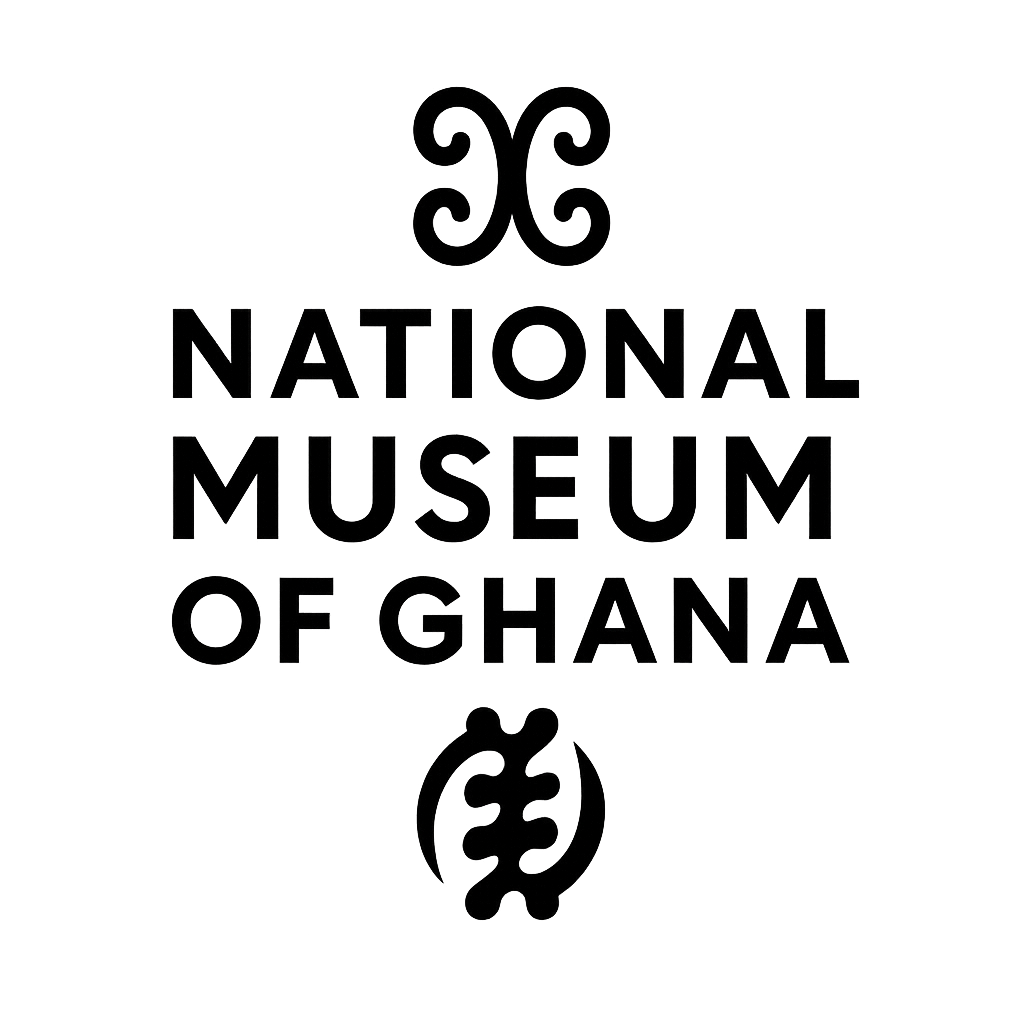

Advertisement

The Mali Empire was one of the greatest and wealthiest kingdoms in African history. It rose to power in West Africa during the 13th century, replacing the earlier Ghana Empire, and grew into a vast and prosperous Islamic empire.
At its peak, Mali was a center of trade, culture, learning, and Islamic faith. Its most famous ruler, Mansa Musa, became legendary for his incredible wealth—so much so that he appeared on medieval European maps as the king of gold.
The Mali Empire began in the early 1200s when a warrior named Sundiata Keita, also known as the “Lion King”, led a successful rebellion against the Sosso kingdom, which had taken over former Ghanaian lands.
Founded around 1235 CE
Capital: Niani, near the Niger River
Home to the Mandinka (or Malinke) people
Sundiata Keita is celebrated in the famous Epic of Sundiata, an oral tale still told by West African griots (storytellers)
Under Sundiata and his successors, Mali became a well-organized empire, divided into provinces with local governors, and supported by trade and farming.
Mali’s success was based largely on its control of trans-Saharan trade routes, especially in:
Gold
Salt
Ivory
Kola nuts
Copper
Slaves
Gold was the most valuable export. West Africa at the time was one of the largest gold-producing regions in the world, and Mali controlled the gold mines of Bambuk, Buré, and later Wangara.
Mali’s merchants traded with North African, Arab, and European traders, exchanging gold for horses, textiles, books, and luxury goods.
The most famous ruler of Mali was Mansa Musa, who ruled from 1312 to 1337.
He was incredibly wealthy—possibly the richest person in world history
In 1324, he made a pilgrimage to Mecca (Hajj), traveling across Africa with:
Thousands of soldiers and attendants
Dozens of camels carrying tons of gold
Lavish gifts for rulers and merchants along the way
Mansa Musa's pilgrimage amazed everyone he met, especially in Cairo and Mecca, where he spent so much gold that he caused inflation in Egypt for years.
His journey brought global attention to Mali. For the first time, many in Europe and the Middle East became aware of a powerful African empire rich in culture, learning, and wealth.
Though the Mali Empire remained culturally African, Islam played an important role in its administration and intellectual life.
Mansa Musa:
Promoted Islamic scholarship
Built mosques and madrasas (Islamic schools)
Brought back Arab architects and scholars from his pilgrimage
Became a renowned intellectual hub
Home to the University of Sankore, which attracted students and scholars from across Africa and the Muslim world
Manuscripts from Timbuktu included texts on science, medicine, law, history, and theology
These efforts made Mali one of the most literate and educated societies in medieval Africa.
After Mansa Musa’s death, Mali began to decline due to:
Weak leadership from his successors
Internal rebellions in outer provinces
Pressure from rising kingdoms like Songhai
Loss of control over key gold mines and trade routes
By the late 1400s, Mali was a shadow of its former self, and its territories were gradually taken over by the Songhai Empire.
Despite its fall, Mali’s impact lives on:
It showed the world that Africa was home to great empires, rich in culture, wealth, and knowledge
Mansa Musa became a symbol of African greatness and global influence
Timbuktu remains a symbol of learning and Islamic heritage
Oral traditions and griot storytelling continue to preserve Mali’s history today
Mansa Musa was featured on the Catalan Atlas of 1375—an early European map—depicted holding a gold nugget on a throne in Africa.
The name “Mali” still lives on as the modern country of Mali, though the empire once extended far beyond its current borders.
The Mali Empire was a shining example of Africa’s golden age—a powerful Islamic kingdom rich in gold, knowledge, and culture. Under visionary leaders like Mansa Musa, Mali left an unforgettable mark on both African and world history.
It reminds us that Africa’s story is one of great kingdoms, prosperous trade, and intellectual brilliance long before the colonial era.
Advertisement